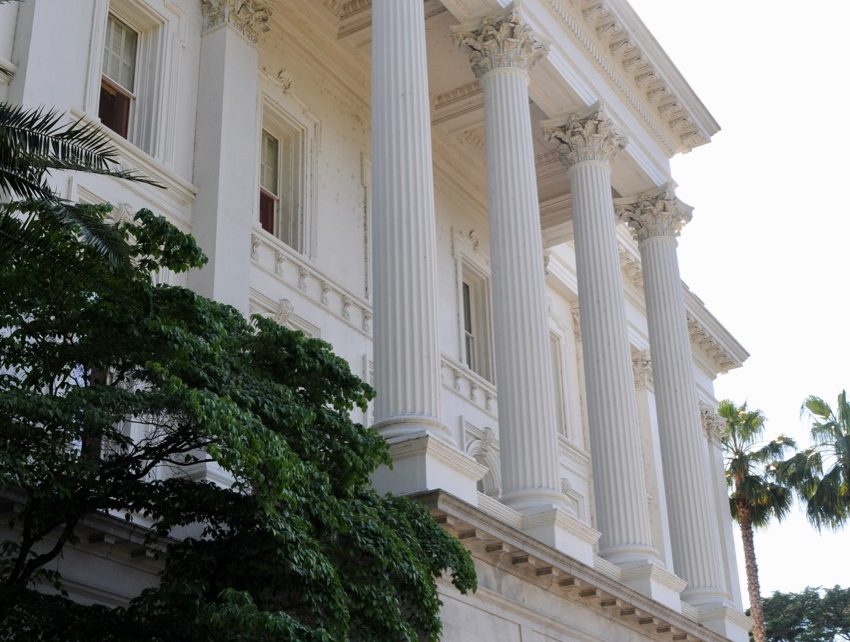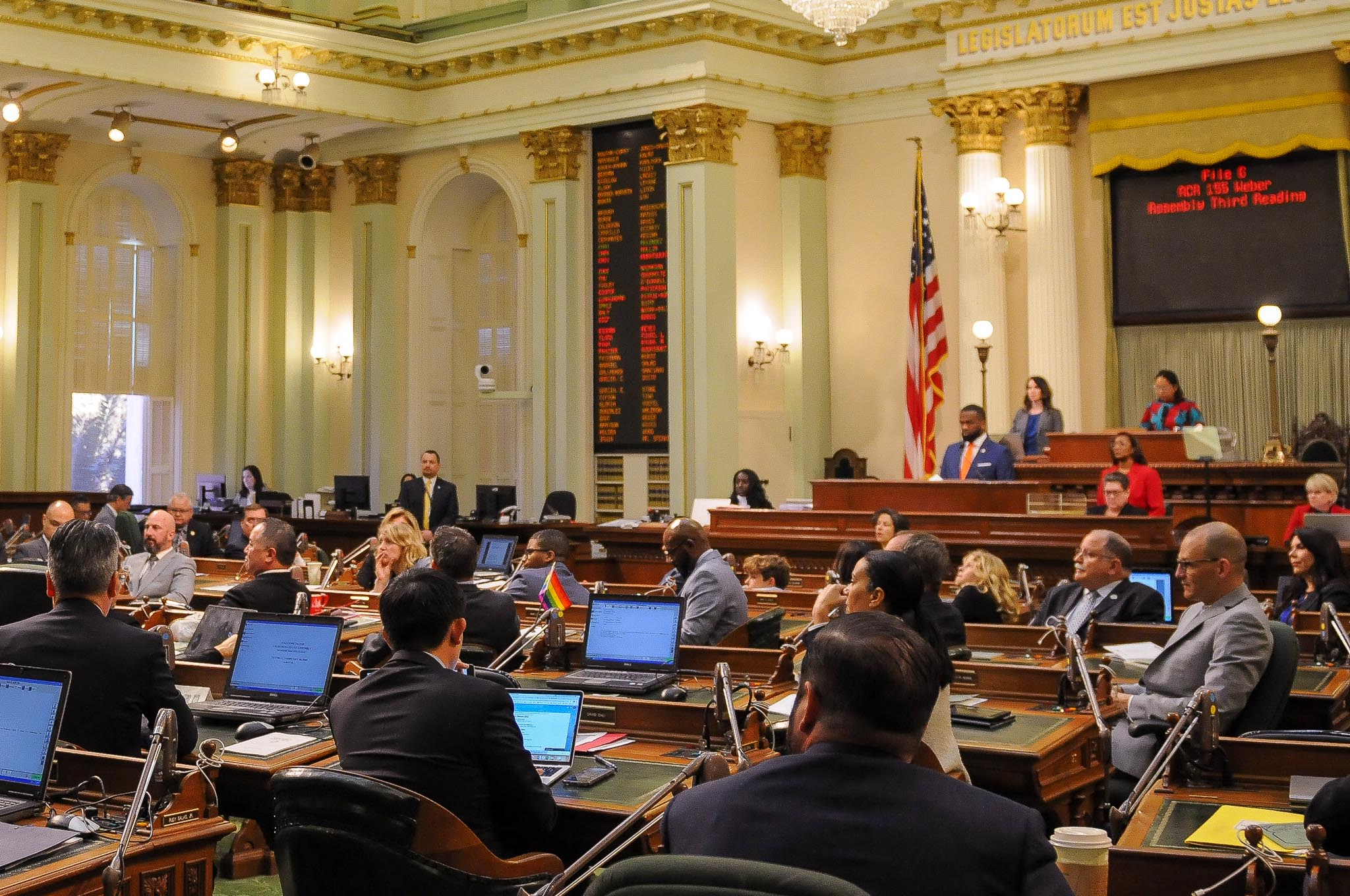
California State Capitol.(Photo: Kevin Sanders for California Globe)
California Bills with Public’s Right of Access Disclaimers
The Legislature must adopt a finding that justifies proposed statutory language that limits the public’s access to public meetings
By Chris Micheli, February 20, 2022 12:22 pm
Have you ever read a bill and found a section at the end of the bill discussing the public’s right of access being limited by the bill? The following is an example from a recently-introduced bill in the California Legislature:
SEC. 5. The Legislature finds and declares that Section 1 of this act, which amends Sections 12651 of the Government Code, imposes a limitation on the public’s right of access to the meetings of public bodies or the writings of public officials and agencies within the meaning of Section 3 of Article I of the California Constitution. Pursuant to that constitutional provision, the Legislature makes the following findings to demonstrate the interest protected by this limitation and the need for protecting that interest: Sensitive information of California taxpayers should be adequately protected from disclosure during the process of the assessment and collection of taxes to protect privacy and increase compliance.
Why is this language required to appear in a bill section? We have to turn to the state Constitution in Article I (“Declaration of Rights”), Section 3. This section of the California Constitution provides that “the people have the right to instruct their representatives, petition government for redress of grievances, and assemble freely to consult for the common good.”
In addition, it states that “the people have the right of access to information concerning the conduct of the people’s business, and, therefore, the meetings of public bodies and the writings of public officials and agencies shall be open to public scrutiny.”
Section 3 also specifies that a statute, court rule, or other authority, including those in effect on the effective date of this subdivision, are required to be broadly construed if it furthers the people’s right of access, and narrowly construed if it limits the right of access.
Furthermore, “a statute, court rule, or other authority adopted after the effective date of this subdivision that limits the right of access is required to be adopted with findings demonstrating the interest protected by the limitation and the need for protecting that interest.” This second sentence is key.
This provision of Section requires a statute (which is obviously enacted through a bill passed by the Legislature and signed into law by the Governor) that limits the right of access of the public must be adopted with legislative findings that make clear what the interest is that is being protected by limiting public access and justifying the need for protecting the public’s interest.
Section 3 also contains other language, such as that this provision of law does not supersede or modify any constitutional provision including the guarantees that a person may not be deprived of life, liberty, or property without due process of law, or denied equal protection of the laws.
Moreover, Section 3 includes a provision that nothing in this provision of law repeals or nullifies, expressly or by implication, any constitutional or statutory exception to the right of access to public records or meetings of public bodies that is in effect on the effective date of this subdivision, including, but not limited to, any statute protecting the confidentiality of law enforcement and prosecution records.
Finally, Section 3 requires each local agency to comply with the California Public Records Act and the Ralph M. Brown Act.
Returning to the initial question posed in this article, similar to the findings required in bills for urgency clauses and special statutes, the Legislature must adopt a finding that justifies proposed statutory language that limits the public’s access to public meetings or writings.
- Recreational Marinas in California - July 8, 2025
- Summons in California Civil Actions - July 7, 2025
- Family Conciliation Courts in California - July 6, 2025








One thought on “California Bills with Public’s Right of Access Disclaimers”